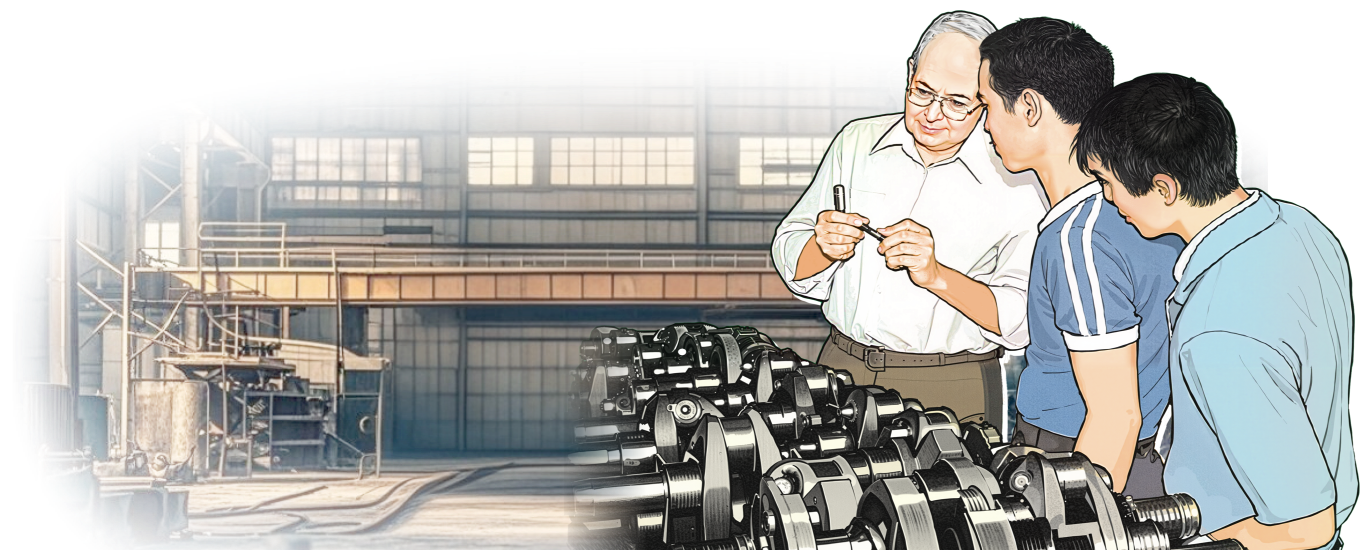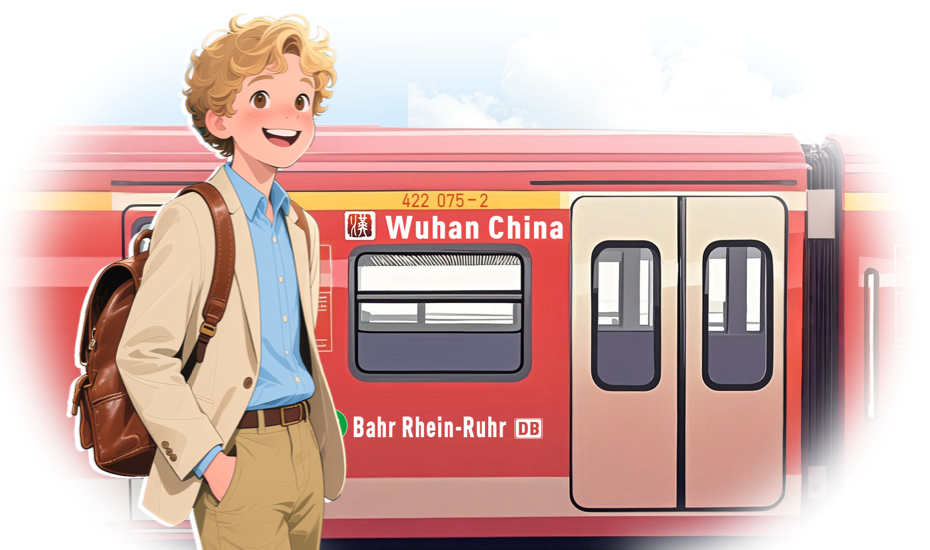Forty-seven years ago, as China embarked on its reform and opening-up, Wuhan took the lead in embracing international cooperation, bringing in the Duisburg-based consortium from Germany to support the development of its steel industry.
Between 1978 and 1982, Duisburg enterprises — including Mannesmann-Demag, Krupp-Industrie-Technik, and Thyssen Consulting — jointly invested in establishing a cold-rolling steel plant in Wuhan. At the time, more than 300 engineers and their families lived in Wuhan, the majority of whom came from Duisburg.
There is a well-known story about how Wuhan and Duisburg became sister cities.
One day, a German engineer took his wife, who had just arrived in Wuhan, for a walk along the Yangtze River. As she gazed at the confluence of the Hanjiang and Yangtze rivers, she was reminded of her hometown — Duisburg, a city likewise shaped by the










